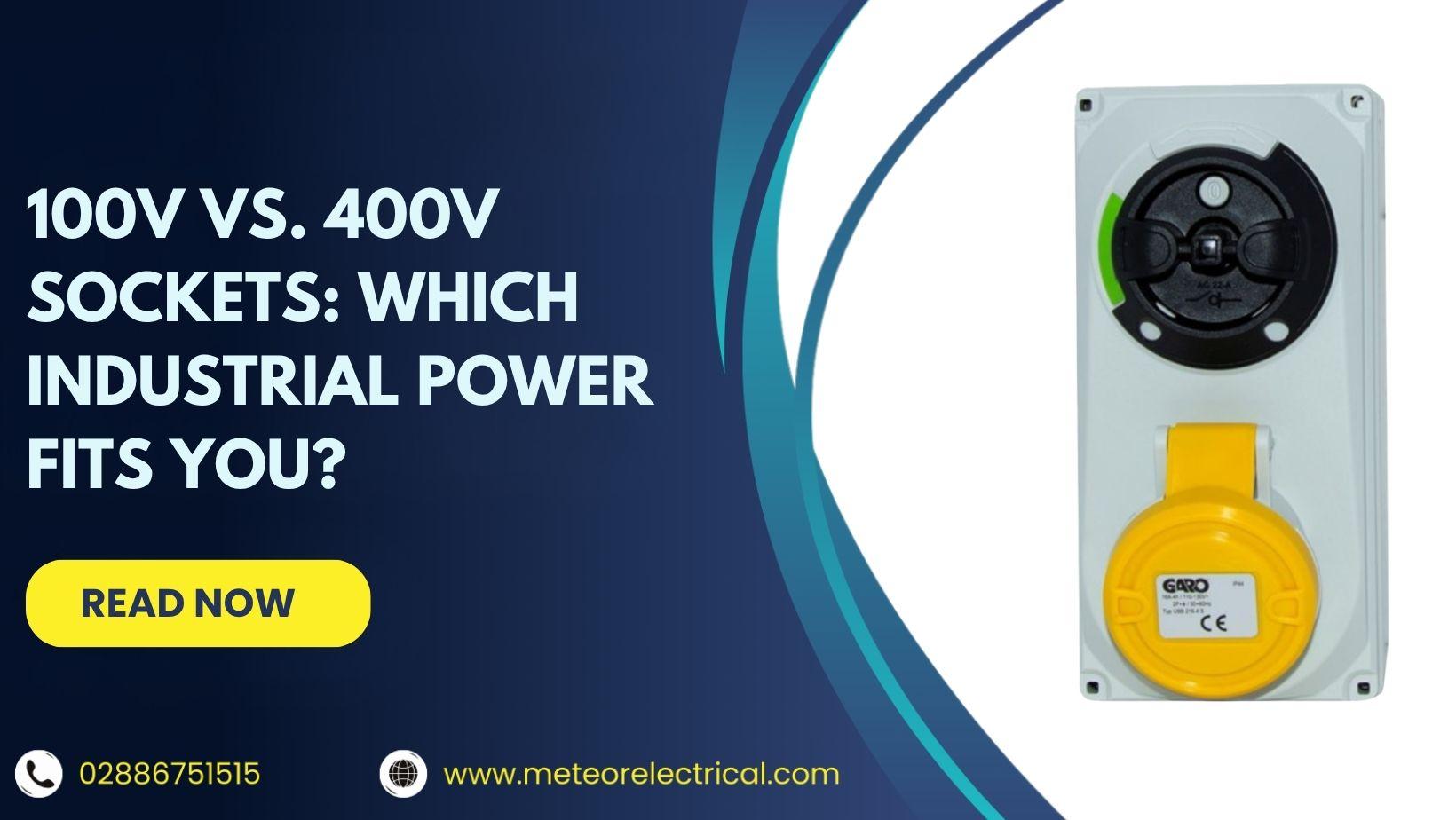100V vs. 400V Industrial Sockets: Which One Fits Your Project Best?
100V vs. 400V Industrial Sockets: Which One Fits Your Project Best?
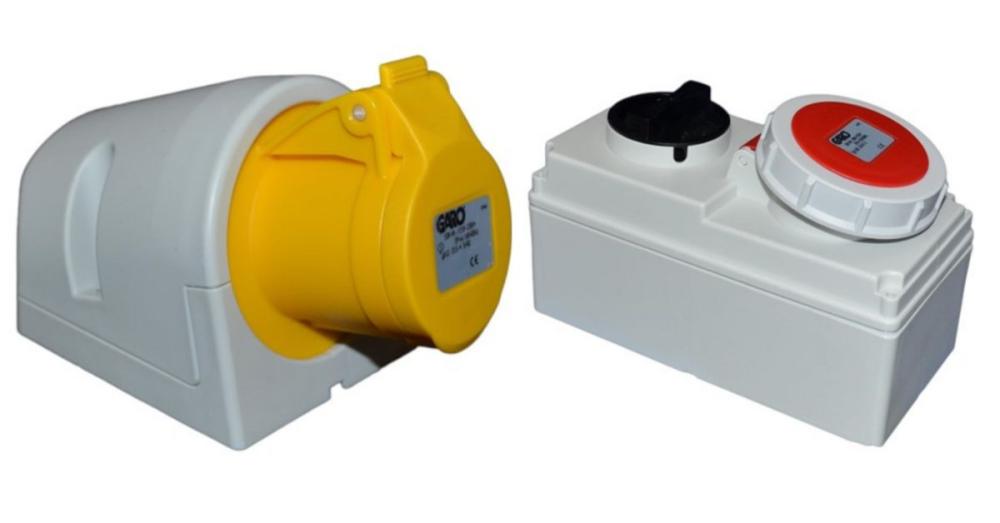
Selecting the correct industrial socket may be a little like finding your way out of a puzzle when you need to worry about different voltages as well. It is a big deal to decide which one to install, whether you are establishing a small workshop or a huge factory. We are going to guide you through the differences of 100V and 400V industrial sockets in this post, so you can determine which one would best suit your project. Let's get started!
What Voltage Means for Industrial Sockets
Voltage is the pressure behind your electrical current. Industrial-grade sockets are a step up from the plugs you'd use at residential settings and can carry more power for tough work. You have two kinds:
- 100V-130V (Low Voltage): These are for smaller things or motivator equipment that does not require a lot of power output.
- 400V (HV): These are your heavy machines made for machines that consume a lot.
The one you require is determined by the project, your safety concerns, or where you are setting. Let's get a look inside.
When to Choose 100V Industrial Sockets
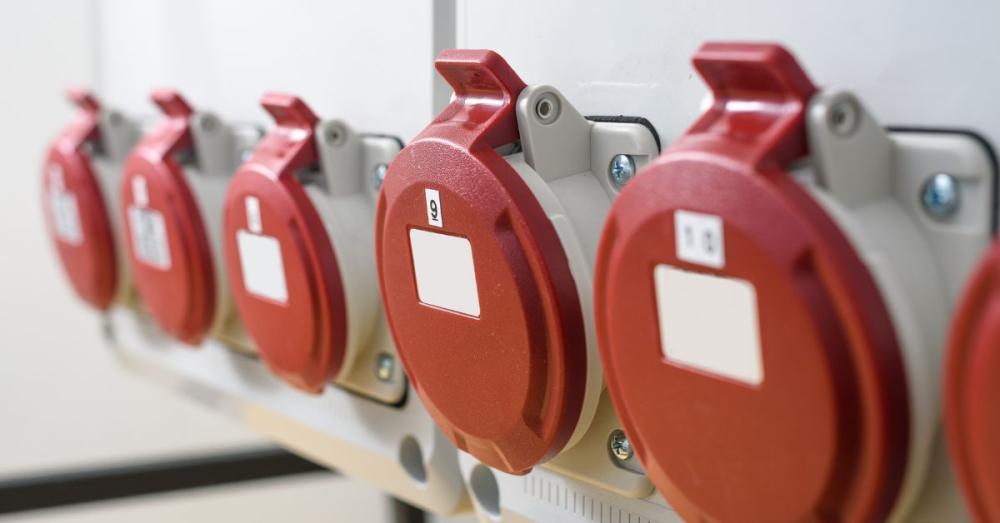
The low-voltage connectors, which run between 100V and 130V, are epic when safety is of outstanding concern, yet you will not be driving something very powerful. You will find them being used on construction sites or farms and operating tools, lights, or small motors.
What Makes 100V Sockets Stand Out
- Safety: low voltages mean low risk of a shock, especially outdoors or in tricky spots.
- Portability: It is usually accompanied by equipment that is portable.
- Protection: seek IP44 or IP67-staying dry keeps the dust and water out, and that matters in tough locations.
Source- ANDELI_Welder
Where They Work Best
- Short-term gigs like construction or events.
- Farms, powering stuff like pumps or light machines.
- Workshops with tools that don't guzzle power.
Just a heads-up: 100V sockets won't cut it for big machinery. Push them too hard, and your equipment might struggle or wear out fast.
Why 400V Industrial Sockets Are Essential for Heavy Work
High-voltage 400V sockets are the champs of industrial power. They're built for the big leagues; think factory machines or manufacturing setups that need serious energy.
What Makes 400V Sockets Special
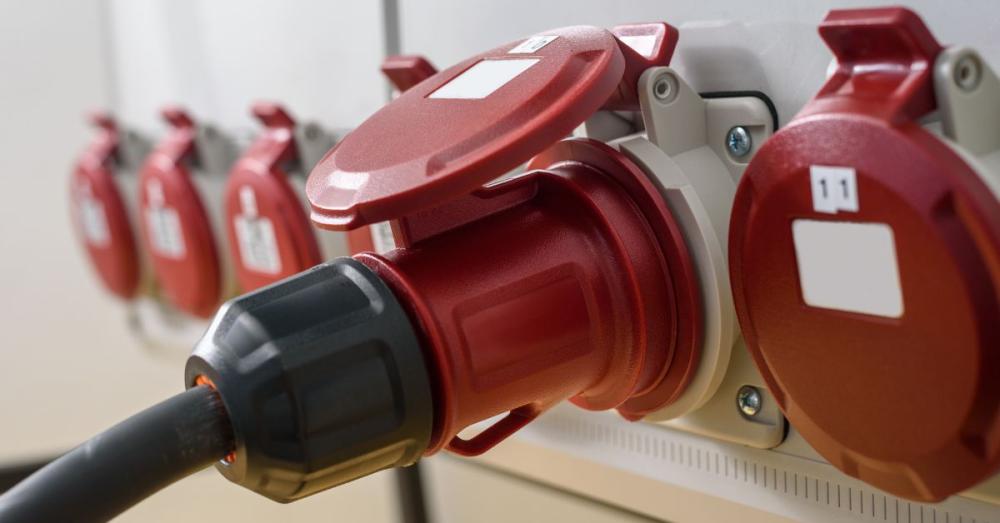
- Power Punch: They handle up to 32 amps or more, feeding power-hungry systems with ease.
- Tough as Nails: Made with sturdy materials and often IP67-rated, they laugh off water, dust, and hard knocks.
- Safety Bonus: Lots come with interlocks to keep them plugged in tight, cutting down on accidents.
Where They Work Best
- Big machines like presses or motors.
- Permanent setups in factories or plants.
- Spots needing steady, strong power for hours.
The catch? Higher voltage means you've got to be extra careful-mistakes can be riskier.
Quick Comparison: 100V vs. 400V Sockets
Here's a fast breakdown to see how they match up:
Power:
100V: Fine for low to medium needs (think 16A tools or lights).
400V: Built for high-power gear (like 32A machines or multi-phase setups).
Safety:
100V: Lower risk, perfect for outdoor or temporary use.
400V: Needs locks and tough insulation for safety.
Where to Use Them:
100V: Often IP44-rated for indoors or light outdoor work.
400V: Usually IP67-rated for wet, dusty, or harsh spots.
Installation:
100V: Simple wiring, easy to set up.
400V: Can need more complex wiring for bigger models.
Source- Obloni Electrical
Top Industrial Sockets from Meteor Electrical
To give you some real-world options, here are a few standout industrial sockets from Meteor Electrical:
1. Garo 16A 3-Pole 100-130V Interlocked Socket
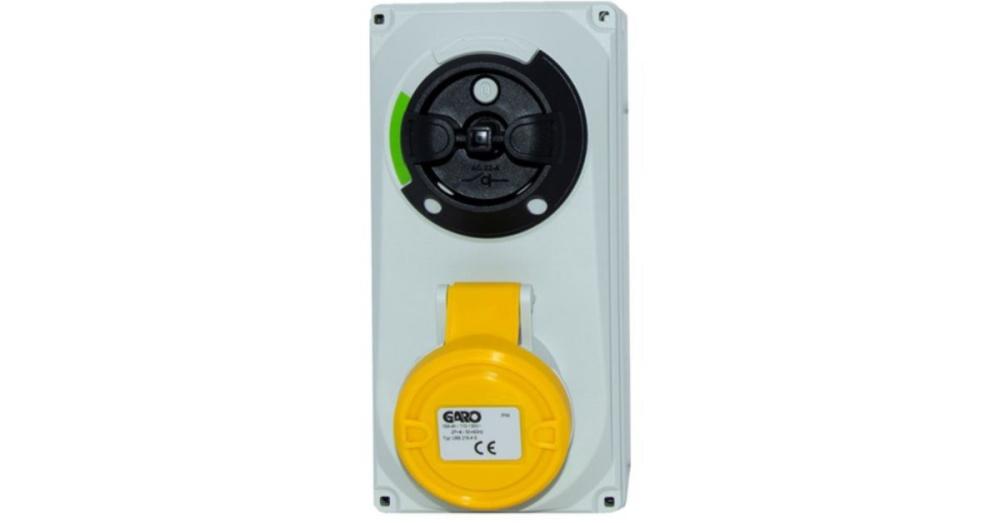
This one's tough and safe, with an interlock feature. It's a great pick for indoor workshops or construction sites.
2. Garo 16A 4-Pole 400V Interlocked Socket
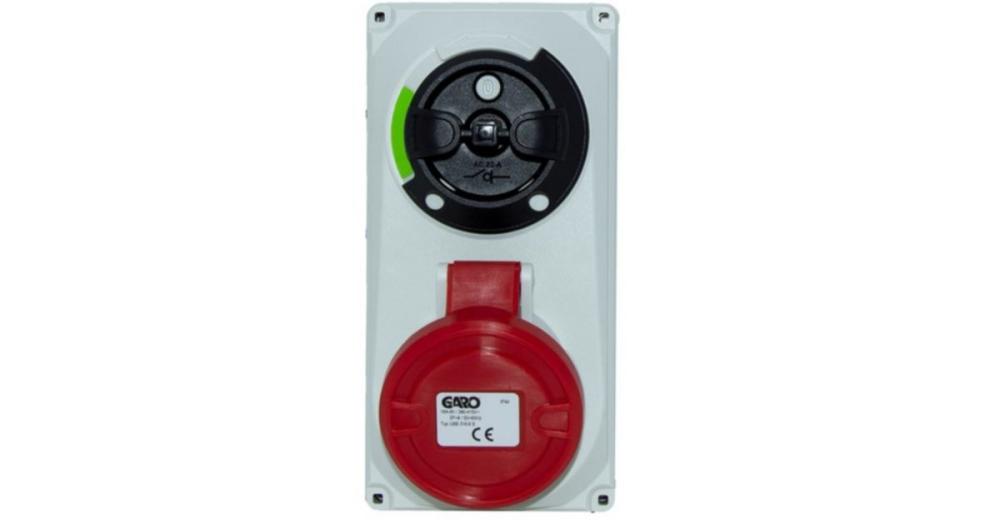
Perfect for factories and heavy gear, this 16A socket is built to last with its interlock.
3. Garo 32A 4-Pole 230-400V Interlocked Socket
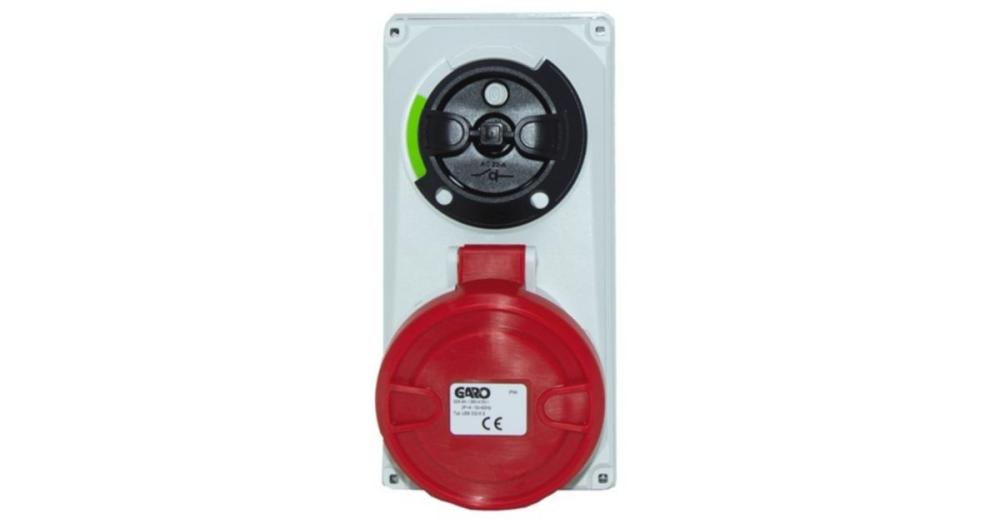
Need more power? This 32A socket is super reliable for demanding jobs.
4. Garo 16A 3-Pole 100-130V Switched Socket
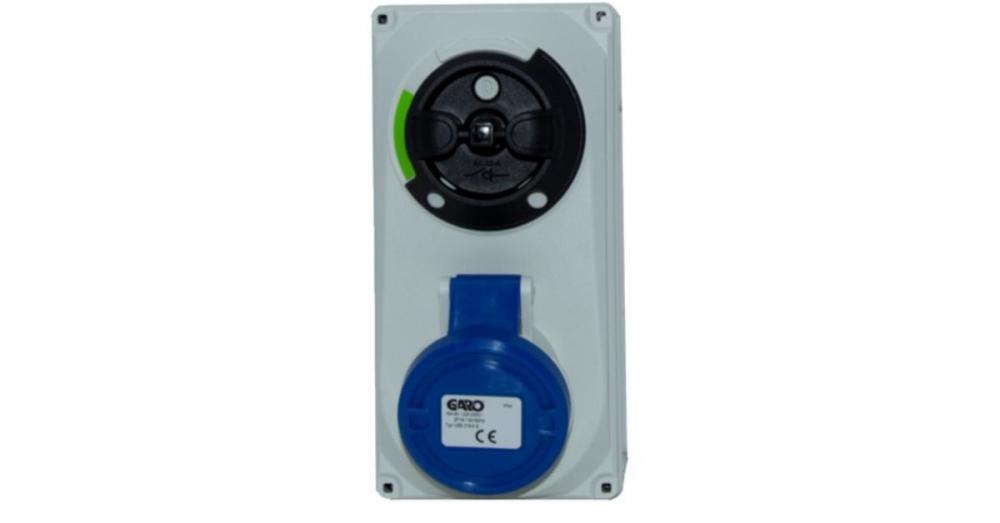
Easy to control, this switched socket is awesome for temporary setups or farms.
5. Garo 16A 5-Pin 230-400V Wall Socket
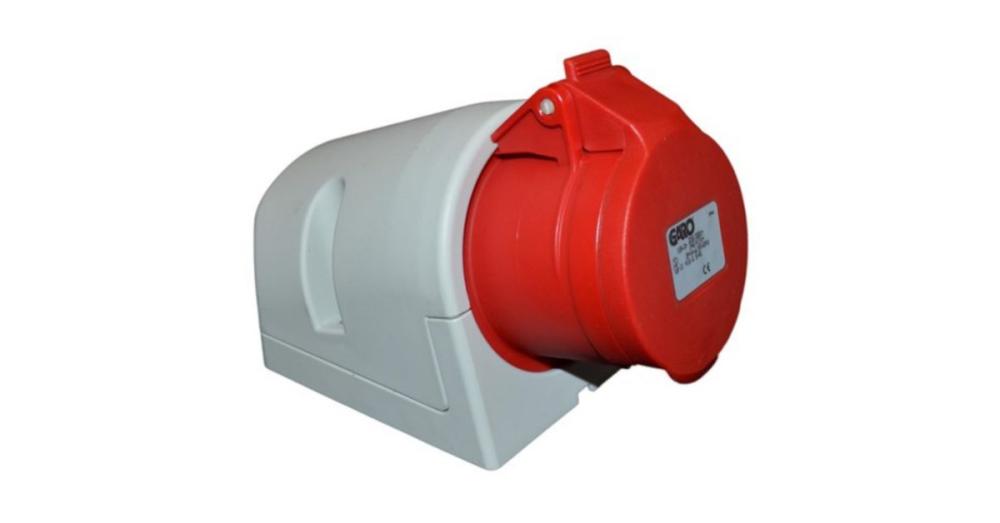
Sturdy and steady, this 5-pin socket suits workshops needing high-voltage hookups.
6. Gewiss 32A Straight Connector 3P+E+N 400V IP67 Red
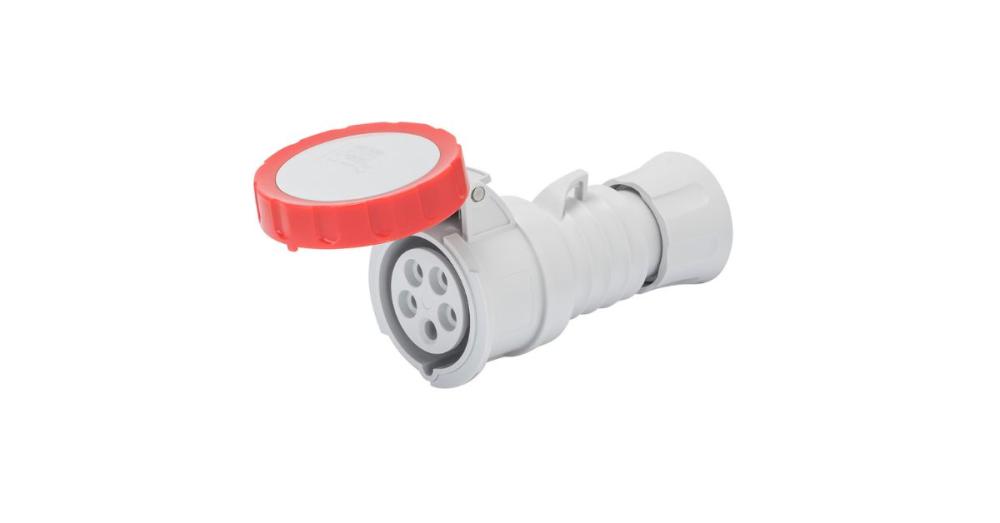
This high-capacity connector is watertight-ideal for outdoor or rough industrial spaces.
What to Think About When Choosing a Socket?
It's not just about voltage. Here's what else to consider:
- Power Needs: Match the socket to your gear-16A 100V for tools, 32A 400V for machines.
- Environment: Wet or dusty? Go for IP67. Indoors? IP44 might do.
- Safety Features: Interlocks or nickel-plated pins add durability and peace of mind.
- Standards: Look for EN60309-1 compliance as a sign of quality.
- Setup: 100V is simpler; 400V might need more wiring know-how.
Why Getting the Voltage Right Matters
Pick the wrong voltage, and you're in for trouble. A 100V socket on a 400V machine could fry things, while a 400V socket for small tools is overkill and costly. Get it right, and your gear runs smoothly and safely.
What's New in Industrial Sockets
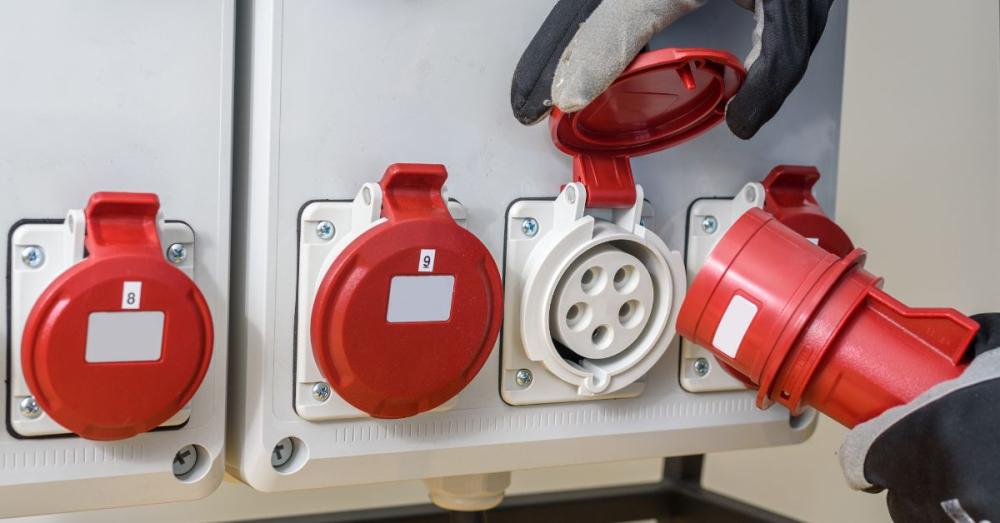
Sockets keep getting better. Here's what's popping up:
- Smart Sockets: WiFi controls let you track power use remotely-pretty cool for saving energy.
- Rugged Builds: Rubber casings make them tougher for harsh spots.
- Eco-Friendly: New designs cut power waste, which is a win for the planet.
Final Thoughts:
So, 100V or 400V? Well, in the case of light temporary work, 100V is safe and simple. On large, long duration installations, 400V will do the trick. Talk to an electrician to nab it and pass local inspection.
Here at Meteor Electrical, we have an outstanding selection of sockets which include such brands as Garo and Gewiss. We cover all kinds of projects. Drop by our assortment and pick the appropriate one for your next performance!

